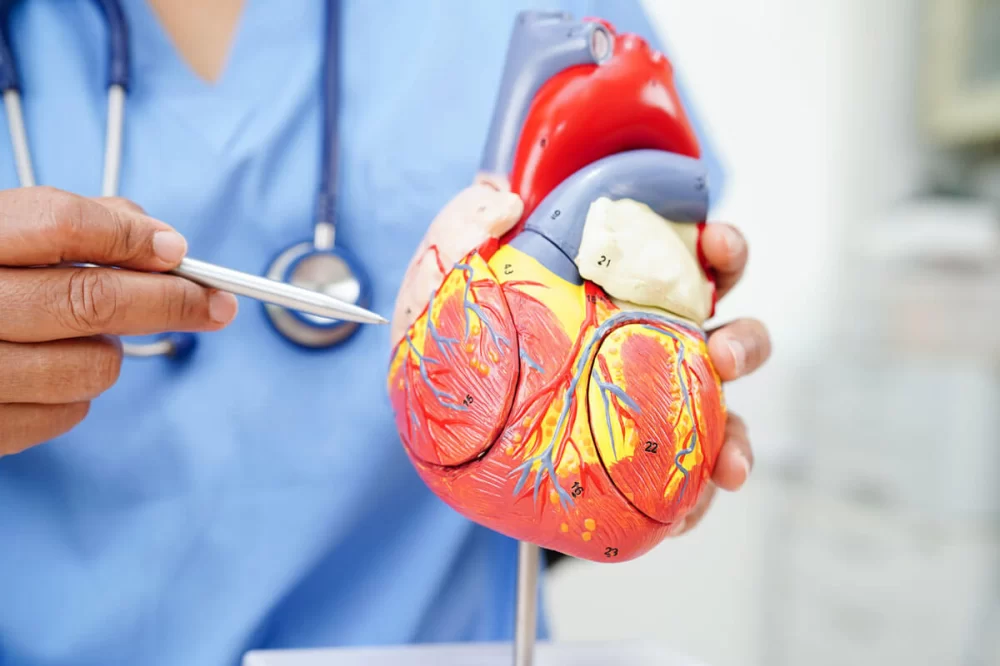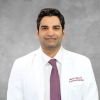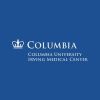Understanding Heart Disease in Seniors: What You Need to Know
Heart disease remains one of the leading causes of death in older adults, making it essential to understand the risks, symptoms, and preventative measures associated with cardiovascular health in seniors. With aging, the body goes through several changes that may increase the risk of heart disease, but being informed and taking proactive steps can significantly reduce these risks.

Why Are Seniors at Greater Risk of Heart Disease?
The risk of developing heart disease increases with age due to various factors. As the heart ages, it may become less efficient in pumping blood, and the blood vessels can become stiffer. Furthermore, many seniors often have underlying health conditions, such as high blood pressure, diabetes, or high cholesterol, all of which are known to contribute to heart disease. Lifestyle factors such as poor diet, lack of exercise, and smoking can exacerbate these risks.
Atlanta Heart Specialists
atlanta heart specialists
4375 Johns Creek Pkwy #350, Suwanee, GA 30024, USA

The Common Types of Heart Disease in Seniors
There are several types of heart disease that are common in older adults. These include:
- Coronary Artery Disease (CAD): The most common form of heart disease, CAD occurs when the blood vessels supplying the heart become narrowed or blocked due to a build-up of plaque.
- Heart Failure: This condition happens when the heart is unable to pump blood effectively, often as a result of long-term damage from other heart conditions.
- Arrhythmias: Irregular heart rhythms, which can be more common in seniors, can lead to dizziness, fainting, or even sudden cardiac arrest in severe cases.
- Valvular Heart Disease: This condition involves the heart's valves becoming damaged or stiff, affecting the flow of blood through the heart.
Recognizing the Symptoms of Heart Disease in Seniors
Heart disease symptoms can sometimes be subtle in seniors and may differ from those experienced by younger individuals. Common signs to watch for include:
- Chest pain or discomfort: This can occur in episodes, often triggered by physical exertion or stress.
- Shortness of breath: Difficulty breathing, even while at rest or during light physical activity, can indicate heart problems.
- Fatigue: Unusual tiredness or weakness, even after rest, is another red flag.
- Dizziness or fainting: Feeling lightheaded or faint can be a sign that the heart is not pumping blood effectively.
- Swelling in the legs, ankles, or feet: This may indicate fluid retention due to heart failure.
Prevention and Management of Heart Disease in Seniors
While age is a significant risk factor for heart disease, there are numerous ways seniors can reduce their risk and manage the condition. Simple lifestyle changes and medical interventions can improve heart health and prevent complications.
1. Healthy Diet
A heart-healthy diet plays a crucial role in preventing and managing heart disease. Seniors should focus on eating a balanced diet that is rich in fruits, vegetables, whole grains, lean proteins, and healthy fats like those found in nuts, seeds, and fish. Reducing sodium intake and limiting processed foods are also important for managing blood pressure and cholesterol levels.
2. Regular Exercise
Physical activity is key to maintaining cardiovascular health. For seniors, low-impact activities such as walking, swimming, or cycling can be highly beneficial. Even light exercises, such as stretching or yoga, can help improve circulation, reduce stress, and enhance overall heart health.
3. Medication and Medical Supervision
Many seniors with heart disease benefit from medications that control high blood pressure, cholesterol, or arrhythmias. It's crucial for seniors to have regular check-ups with their healthcare provider to monitor heart health and adjust treatments as necessary. In some cases, surgery may be needed to repair damaged heart valves or bypass blocked arteries.
4. Avoid Smoking and Excessive Alcohol Consumption
Both smoking and heavy drinking are major contributors to heart disease. Seniors should avoid tobacco products and limit alcohol consumption to lower their risks.
5. Stress Management
Chronic stress can negatively impact heart health, increasing blood pressure and contributing to inflammation. Seniors can benefit from stress-reduction techniques such as meditation, deep breathing exercises, and spending time with loved ones.
Living with Heart Disease: A Senior's Journey
Living with heart disease as a senior doesn’t mean the end of an active, fulfilling life. Many seniors manage heart disease successfully and continue to lead vibrant lives. Take the story of Mary, a 72-year-old woman diagnosed with heart failure a few years ago. Despite her initial fears, she embraced lifestyle changes, including a heart-healthy diet, regular walking routines, and taking her prescribed medications. Today, Mary still enjoys gardening, spending time with her grandchildren, and traveling with her family.
The Importance of Regular Health Screenings
Regular check-ups are vital for seniors to monitor heart health and catch any potential issues early. Blood pressure, cholesterol levels, and heart function should be checked regularly. Early detection can lead to better outcomes and help prevent more severe complications later on.
As we age, heart disease becomes a greater concern, but with the right preventive measures and management strategies, seniors can continue to enjoy a high quality of life. Understanding the risks, symptoms, and treatments available is the first step toward maintaining a healthy heart into the golden years.






















Deborah Heart and Lung Center
deborah heart and lung center
200 Trenton Rd, Browns Mills, NJ 08015, USA